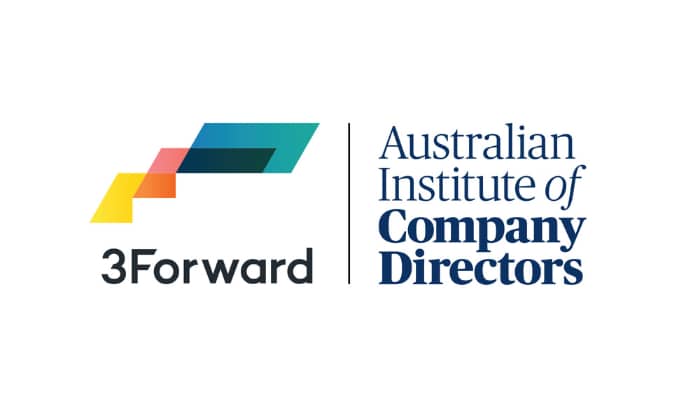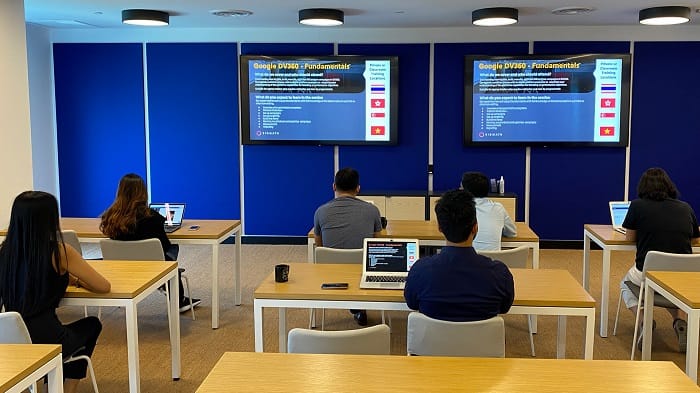Singapore – Scope3 has unveiled the Scope3 Agentic Media Platform, an AI-powered solution designed to help partners create and market agentic media products that prioritise efficiency and sustainability from the ground up.
The Scope3 Agentic Media Platform leverages AI to streamline the media supply chain, delivering more efficient, sustainable, and brand-safe advertising. Unlike traditional systems that simply add AI on top, this platform is built with AI at its core, enabling true sustainable growth. Publishers, ad tech platforms, curators, and agencies can harness expert AI agents and custom algorithms to enhance media buying for brands.
The Agentic Media Platform offers a central hub to create and manage AI-driven media products. It connects data, expert agents, and custom algorithms across various campaigns and direct buys. The platform integrates with experts like LiveRamp, Classify, Sy.nexus, and Compliant for specialised data and algorithms. It ensures safe and sustainable media by automatically filtering out fraud, invalid traffic, and risky inventory. Additionally, users can access Scope3’s media quality data, such as attention potential and viewability, at no extra cost.
Amazon DSP is the first demand-side platform to integrate with Scope3’s Agentic Media Platform, allowing for large-scale media purchases. Other launch distribution partners include Index Exchange, Equativ, and media.net. Pilot programs with MiQ, Elcano, and Azerion are set to begin in early April.
Scope3’s Brand Standards, built on the Agentic Media Platform, enhance brand safety and suitability in an AI-driven advertising landscape. It addresses the flaws of traditional methods, such as rigid keyword blocking and lack of supply chain transparency, by offering custom definitions and control across open web and programmatic channels.
Using AI, it improves compliance, responsibility, and effectiveness while minimising risk. The platform ensures ads flow through verified, transparent paths and allows brands and publishers to assess content alignment with brand standards, adjusting through a feedback-driven process for continuous improvement.
Available across platforms, including Meta, Brand Standards reduces false blocking and enhances ad placement control. Launch partners include Ebiquity, key DSPs, and multiple SSPs.
“The digital ad ecosystem has evolved into a complex web of inefficient supply chains, wasted impressions, and disconnected systems. AI is our opportunity to address the fundamental inefficiencies in how our media supply chains operate,” said Brian O’Kelley, CEO and co-founder of Scope3.
“This reimagining allows us to simultaneously address waste, safety, and performance challenges—restoring control to brands while enabling sustainable growth by design. We’re not just solving for carbon reduction anymore; we’re also transforming how media decisions are made across the entire ecosystem, bringing intelligence to places it simply couldn’t exist before,” he added.
Meanwhile, June Cheung, head of JAPAC at Scope3, also commented, “What the industry needs now is greater transparency from tech platforms—and even when that’s achieved, we need scalable and effective ways to execute. That’s why the Scope3 Agentic Media Platform is designed to give marketers both transparency and control, enabling them to fine-tune and understand decision-making within the platform. With today’s launch, we have the opportunity to reimagine the ad ecosystem for the future in an effective and sustainable way.”











